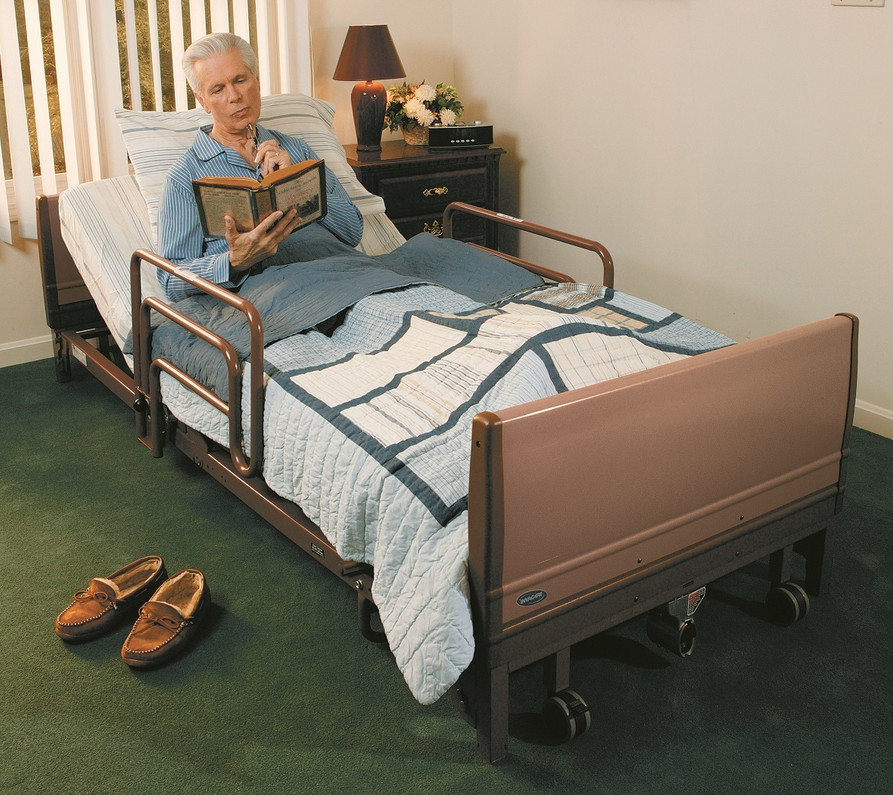Recent Posts
-
Buyers' Guides calendar_today 15 Hospital Beds Find the best hospital beds for sale …Blog Published DateAug 17th 2023
-
Learn how to choose the best hospital bed mattress for your needs.There are several different types …Blog Published DateSep 22nd 2022
-
One of the best gifts you can give a person living with a disability is to give them a safe, accessi …Blog Published DateJun 17th 2021





